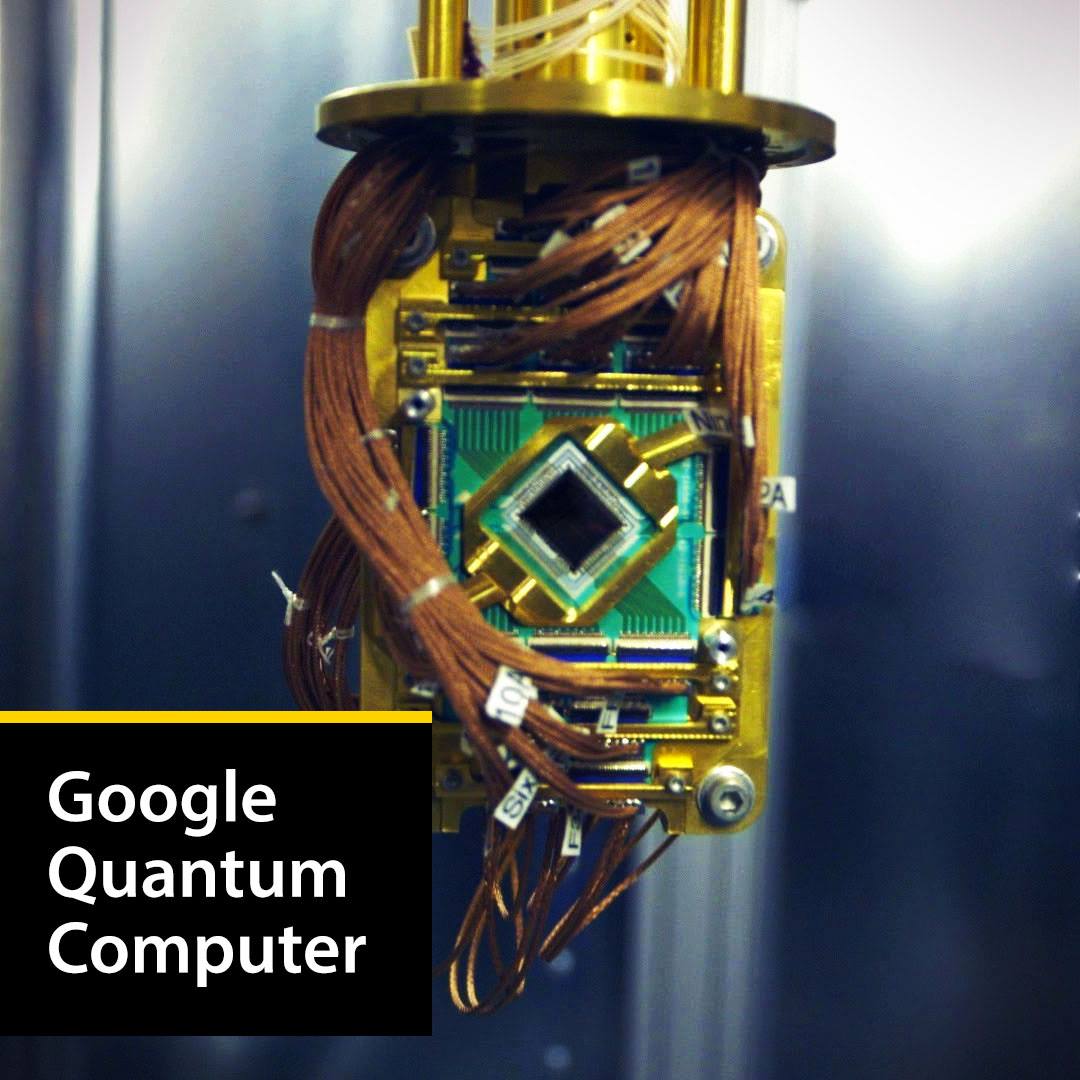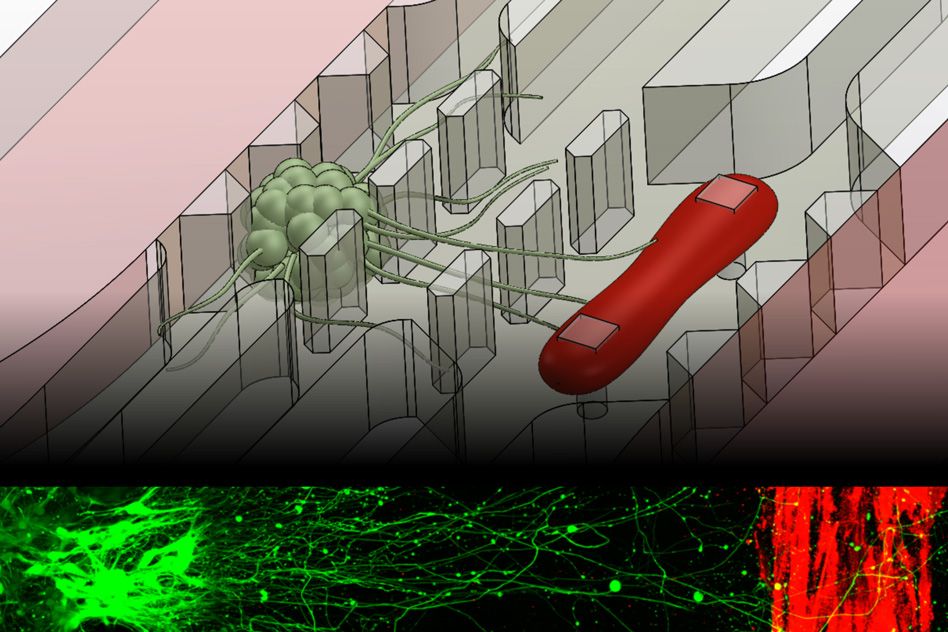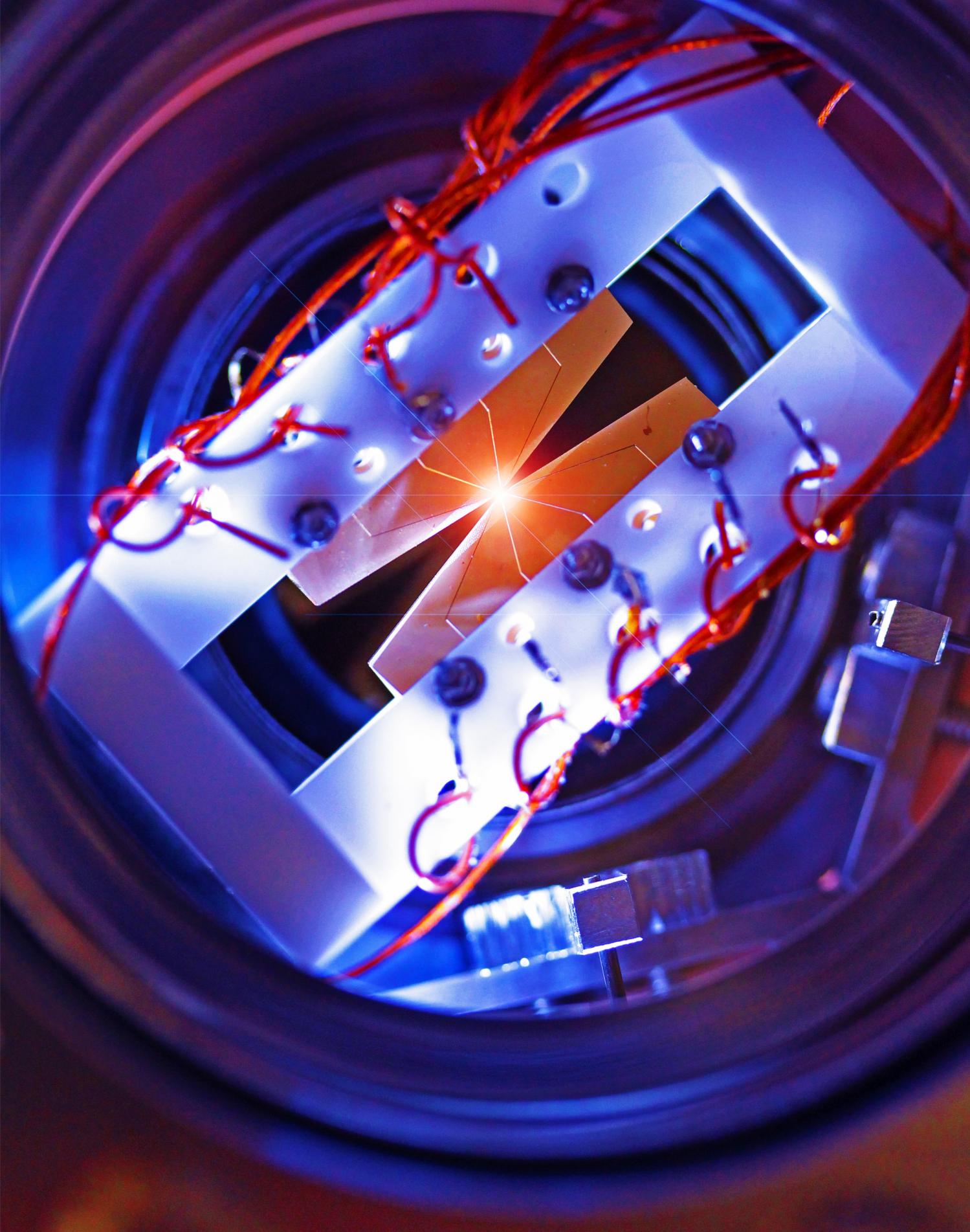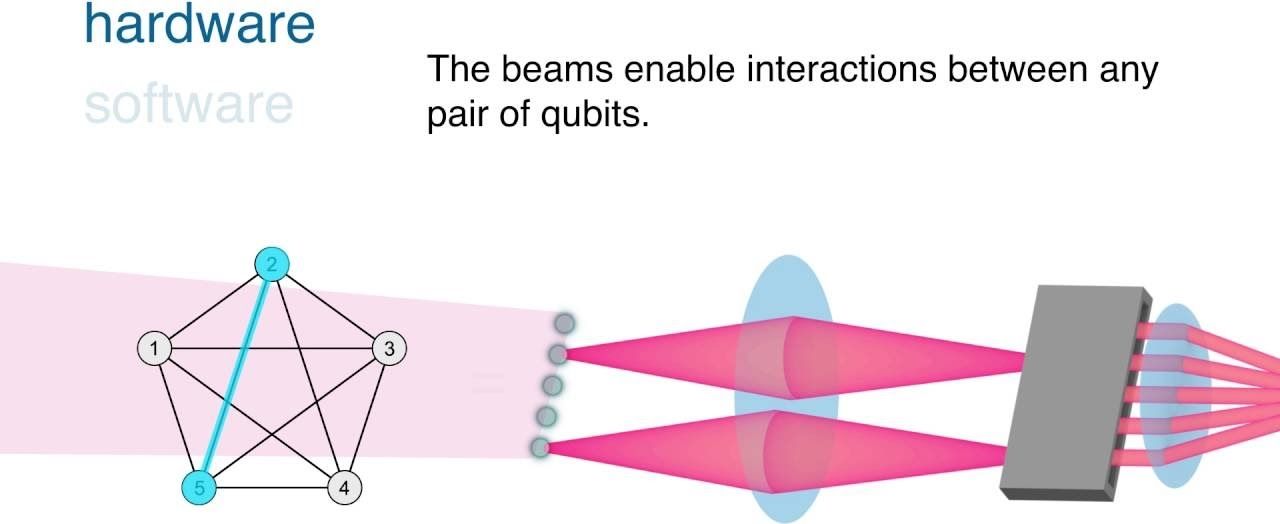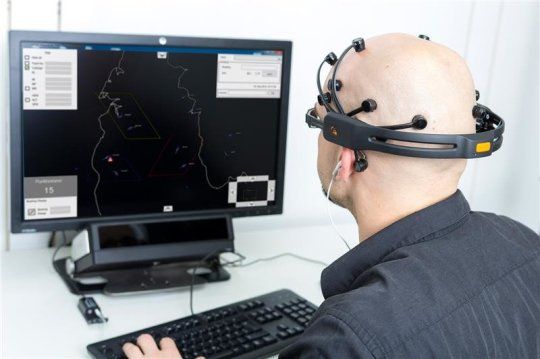Aug 4, 2016
Welcome to DARPA’s Cyber Grand Challenge
Posted by Roman Mednitzer in categories: computing, robotics/AI, security
The ultimate test of wits in computer security occurs through open competition on the global Capture the Flag (CTF) tournament circuit. In CTF contests, experts reverse engineer software, probe its weaknesses, search for deeply hidden flaws, and create securely patched replacements.
On August 4, 2016, DARPA will hold the Cyber Grand Challenge, the world’s first all-computer CTF tournament. It will take place live on stage co-located with the DEF CON conference in Las Vegas. The public is invited to attend and observe as automated systems take the first steps towards a defensible, connected future.
Continue reading “Welcome to DARPA’s Cyber Grand Challenge” »


